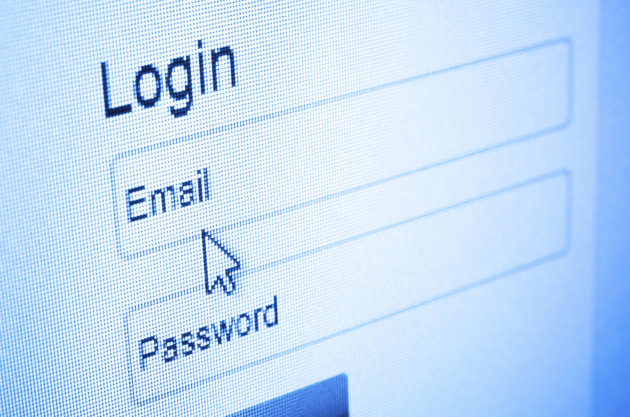Cross Post: Think Twice Before Sending Facebook Your Nude Photos: The Shadow Brokers’ Disclosures Prove Privacy and Security Are Not a Zero-Sum Game
Written by Dr Carissa Veliz
This article first appeared in El Pais
Time and again, we have been sold the story that we need to give up privacy in exchange for security. According to former NSA security consultant Ed Giorgio, ‘Privacy and security are a zero-sum game’—meaning that for every increase in one, there is a decrease in the other. The go-to argument to justify mass surveillance, then, is that sacrificing our privacy is necessary for government agencies to be able to protect us from the bad guys.Read More »Cross Post: Think Twice Before Sending Facebook Your Nude Photos: The Shadow Brokers’ Disclosures Prove Privacy and Security Are Not a Zero-Sum Game


